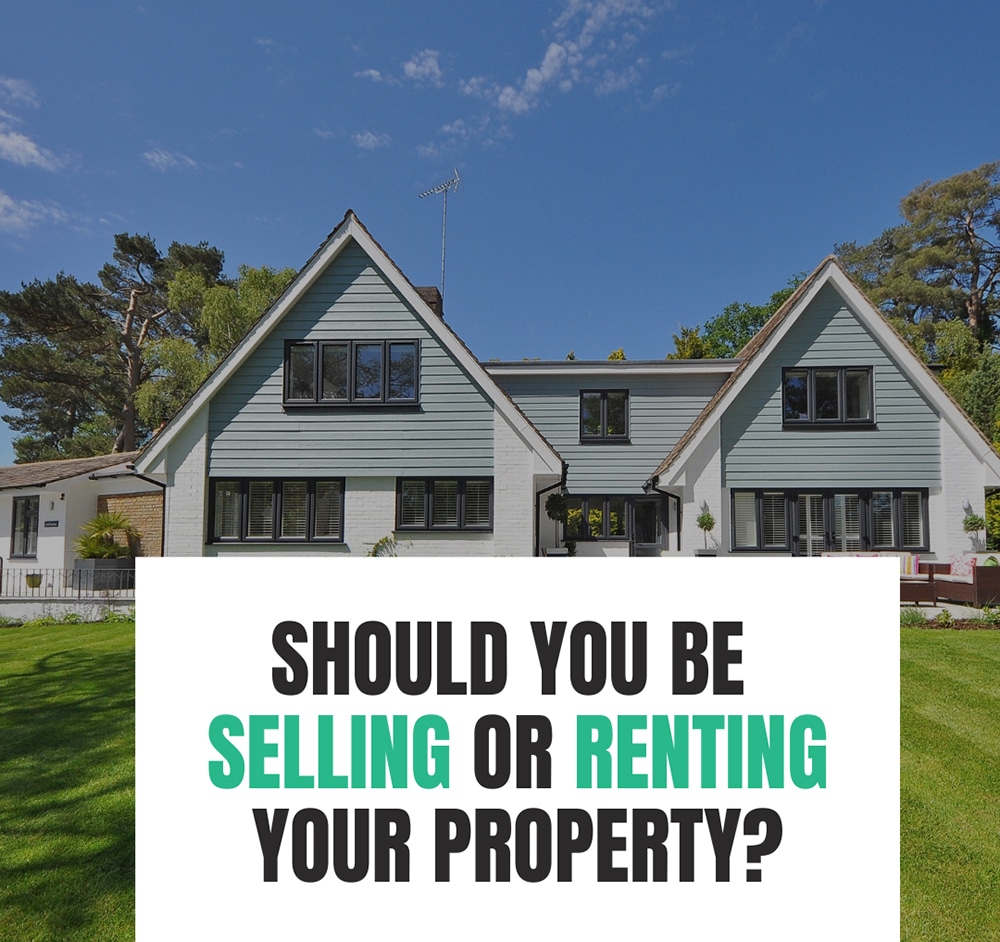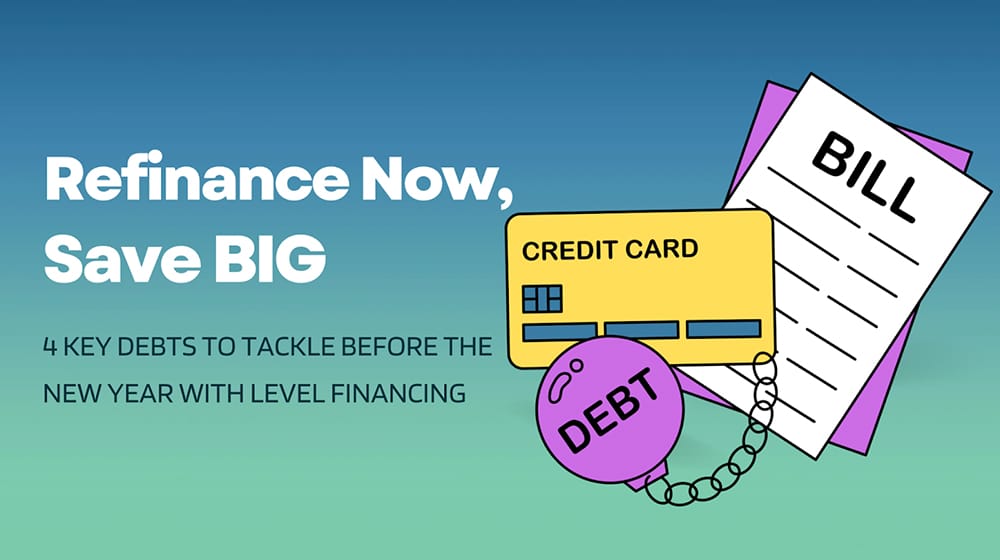As a homeowner, you’re often faced with a major crossroads: should you be selling or renting your property?
The choice could massively impact your finances, lifestyle, and overall well-being for years to come. This isn’t something to take lightly.
Understanding the Market
You need insight into current trends. Get your research hat on and start digging online for market reports and data.
But here’s the real key: talk to some real estate agents who know your specific area like the back of their hand. These in-the-know insiders will give you the unfiltered scoop on whether it’s a seller’s paradise or if the rental market is red hot.
Key Takeaway: Don’t make any rash moves without thoroughly understanding the real estate climate you’re operating in.

The Upsides of Selling
Alright, let’s start by exploring the sweet, sweet benefits of slapping a “For Sale” sign on that front lawn.
That Delightful Lump Sum Payout
I mean, who doesn’t love having a giant pile of cash at their disposal? With a sale, you’re getting one massive paycheck to do as you please. Talk about financial flexibility!
Capitalizing on Years of Appreciation
If you’ve owned the property for a decent chunk of time, its value has likely skyrocketed compared to what you originally paid. Selling allows you to finally cash in on all that
hard-earned home equity you’ve been building.
Pursuing New Opportunities and Adventures
With those sale profits burning a hole in your pocket, you can invest in other avenues that better mesh with your current lifestyle and long-term goals. Or maybe use the funds to purchase a different property better suited for your needs.
No More Landlord Nightmares
And let’s be real, the biggest perk of all is saying adios to dealing with tenants, repairs, maintenance, and all the other headache-inducing hassles of property ownership. Your life just got way simpler.
The Downsides of Selling
As tempting as that cash windfall might be, let’s keep it real and look at the potential drawbacks, too. It wouldn’t be cool of me to sugarcoat things, right?
That Pesky Tax Burden
Depending on your unique financial situation, you could be on the hook for some pretty hefty capital gains taxes after selling. Those sobering tax bills can take a huge bite out of your profits. Ouch!
No Going Back
Once you’ve sold, that door is closed for good, amigo. If you experience seller’s remorse down the road or want to dip your toes back into real estate investing, you’ll have to start the whole property hunt process from scratch.
Missed Future Appreciation Opportunities
What if the market continues its upward trajectory after you’ve already cashed out? You might find yourself kicking rocks and thinking about all those delicious gains you left on the table by selling.
Closing Costs
Let’s not forget about the inevitable closing costs that come with selling a property. Between realtor fees, repairs to prep the home, and other expenses, those nickel-and-dime charges can really add up fast.
Key Takeaway: As lucrative as a sale might seem, carefully weigh the tax implications, the permanence of your decision, any appreciation you’d miss out on, and those pesky closing costs.
The Upsides of Renting
Now, let’s look at the potential benefits of keeping that property and renting it out to some friendly tenants.
A Steady Flow of Rental Income
With renters paying you each month, you’ve instantly created a nice little stream of passive income without too much effort required. Having those reliable rent checks rolling in is a beautiful thing.
Long-Term Appreciation Potential
While you’re happily collecting rent payments, there’s a good chance your property’s value will continue climbing over time. That means long-term capital gains potential when you eventually decide to sell way down the road.
Tax Advantages for Landlords
As the owner of a rental property, you can take advantage of some awesome tax deductions for things like property taxes, insurance costs, maintenance expenses, and more. It’s a nice little perk!
Flexibility to Change Your Mind
Here’s the real kicker: renting doesn’t permanently lock you into anything. If market conditions become more favorable for selling in the future, you can always put that property on the market at that point.
The Downsides of Renting
Unfortunately, there’s no such thing as a free lunch when it comes to being a landlord. You’ve got to be ready for some inevitable hassles and sources of frustration:
Dealing with Tenants
Late rent payments, property damage, landlord-tenant disputes – difficult renters can quickly turn into a massive source of frustration, stress, and lost time/money for you. It’s a harsh reality to confront.
The Never-Ending Property Maintenance
As the owner, you’re 100% responsible for keeping that rental property in good condition and handling any repairs or maintenance issues that inevitably come up. Those costs can be unpredictable and add up extremely fast.
Vacancy Periods
If you go through stretches without a renter, guess what? You’re still on the hook for all the holding costs like mortgage payments, taxes, utilities, etc. That empty unit becomes a money pit without any income to offset the expenses.
Legal and Financial
Being a landlord isn’t just about maintaining the property itself. You’ve got to comply with a myriad of local landlord-tenant laws, carry appropriate insurance policies, pay taxes on your rental income, and deal with lots of red tape. It’s a whole legal/financial juggling act.
Key Takeaway: Renting provides income and asset appreciation potential, sure. But it’s not some completely passive endeavor. You’ll need to be ready and willing to deal with tenants, maintenance costs, vacancy risks, and lots of legal/financial obligations.
Financial Factors
At the end of the day, both selling and renting have major financial implications that you need to carefully evaluate based on your specific situation and priorities.
Let’s look at a few key considerations:
Your Cash Flow Needs
If you need a big lump sum of cash immediately – whether to fund investments, pay off debts, or cover costs – selling is likely your best bet for accessing that money quickly.
Your Long-Term Wealth Goals
On the flip side, if your focus is building long-term wealth and passive income streams, holding onto the property and renting it out tends to better align with those objectives.
Calculating Your Return on Investment (ROI)
You’ll want to analyze and run the numbers to determine which option generates the best return on investment for you.
Key Takeaway: Get clear on whether you need that immediate cash flow or if you’re prioritizing long-term wealth and passive income. Don’t forget to crunch the numbers and look at your potential ROI for each path, too. If you need help, don’t hesitate to seek professional financial advice.
Read More: Lack of Affordable Housing Means More Adults Are Staying with Their Parents

Time to Decide
By now, we’ve hopefully offered you a well-rounded perspective on the pros, cons, financial implications, and lifestyle factors to consider for both selling and renting out your property.
But at the end of the day, only you can decide which path is the right move for your unique situation and long-term goals. Be brutally honest with yourself about how much real effort you’re truly willing and able to put into being a landlord.




